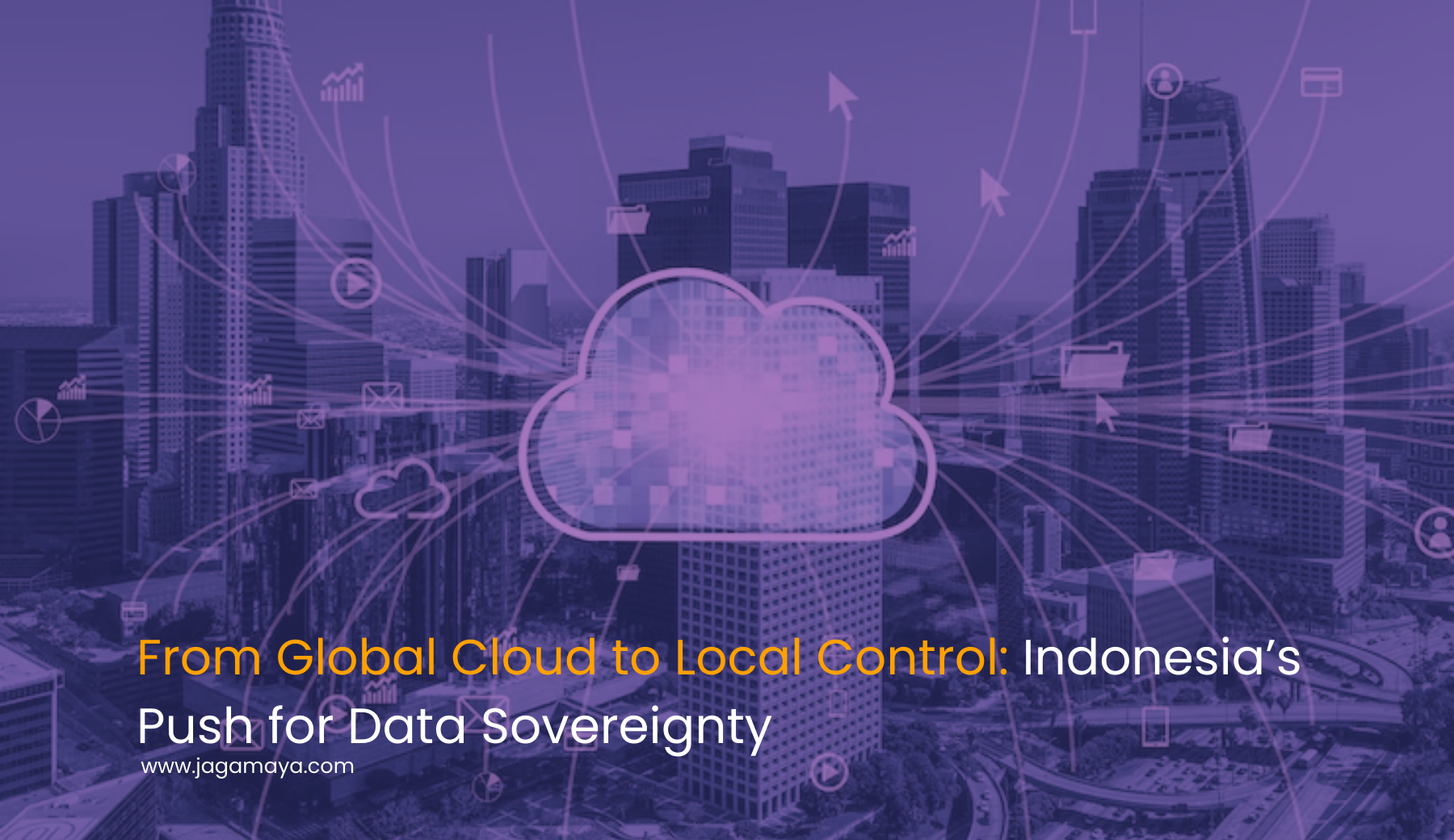In the rapidly evolving digital landscape, Indonesia is making significant strides to assert control over its data. This move towards data sovereignty is reshaping the nation’s approach to cloud computing, cybersecurity, and digital infrastructure.
Understanding Data Sovereignty
Data sovereignty refers to the principle that data is subject to the laws and governance structures within the nation where it is collected. For Indonesia, this means ensuring that data generated within its borders is stored, processed, and managed in compliance with national regulations. This approach aims to protect citizens’ privacy, bolster national security, and foster economic growth.(Oracle)
The Role of PP 71/2019
A cornerstone of Indonesia’s data sovereignty initiative is Government Regulation No. 71 of 2019 (PP 71/2019). This regulation outlines the responsibilities of Electronic System Operators (ESOs) and sets the framework for data management practices in the country.(ABNR – Counsellors at Law, Jagamaya)
Under PP 71/2019:(Oracle)
- Public ESOs: Entities providing services to government institutions are required to store and process data within Indonesia.
- Private ESOs: These entities have the flexibility to store data offshore, provided they ensure data accessibility for regulatory oversight.(Jagamaya)
This nuanced approach balances the need for data control with the realities of global business operations.
Implications for Cloud Computing
Indonesia’s emphasis on data sovereignty has significant implications for cloud computing. As businesses increasingly rely on cloud services, ensuring compliance with local data regulations becomes paramount.
Global cloud providers are responding to this shift:
- Microsoft: Announced plans to establish its first data center region in Indonesia, aiming to deliver secure and compliant cloud services.
- AWS and Google: Both have committed to investing in local infrastructure to meet Indonesia’s data residency requirements.(Data Center Dynamics)
These developments not only enhance data security but also contribute to the nation’s digital economy by creating jobs and fostering innovation.
Strengthening Cybersecurity
Data sovereignty is intrinsically linked to cybersecurity. By localizing data storage and processing, Indonesia aims to:
- Enhance Data Protection: Reducing reliance on foreign servers minimizes exposure to external threats.
- Improve Regulatory Oversight: Local control facilitates better monitoring and enforcement of data protection laws.
- Build Public Trust: Demonstrating a commitment to data security can increase citizens’ confidence in digital services.
These measures are crucial in an era where cyber threats are increasingly sophisticated and pervasive.
Challenges and Opportunities
While the push for data sovereignty presents numerous benefits, it also poses challenges:
- Infrastructure Development: Establishing local data centers requires significant investment and technical expertise.
- Regulatory Compliance: Businesses must navigate complex legal frameworks to ensure adherence to data localization laws.
- Global Integration: Balancing national data control with participation in the global digital economy requires careful policy design.(Data Center Dynamics)
However, these challenges also present opportunities for growth, innovation, and leadership in the digital realm.
Conclusion
Indonesia’s journey from global cloud reliance to local data control reflects a broader global trend towards data sovereignty. By implementing strategic regulations like PP 71/2019 and investing in local infrastructure, the nation is positioning itself as a leader in digital governance. For businesses and citizens alike, these developments promise a more secure, resilient, and self-reliant digital future.


Leave a Reply